VOLUNTEERING OPPORTUNITIES IN EAST AFRICA
Volunteer in a Hospital in Nairobi – Starting 1 Mnth
from 0 review
Duration
1 Month +
Tour Type
Daily Tour
Group Size
Unlimited
Languages
English
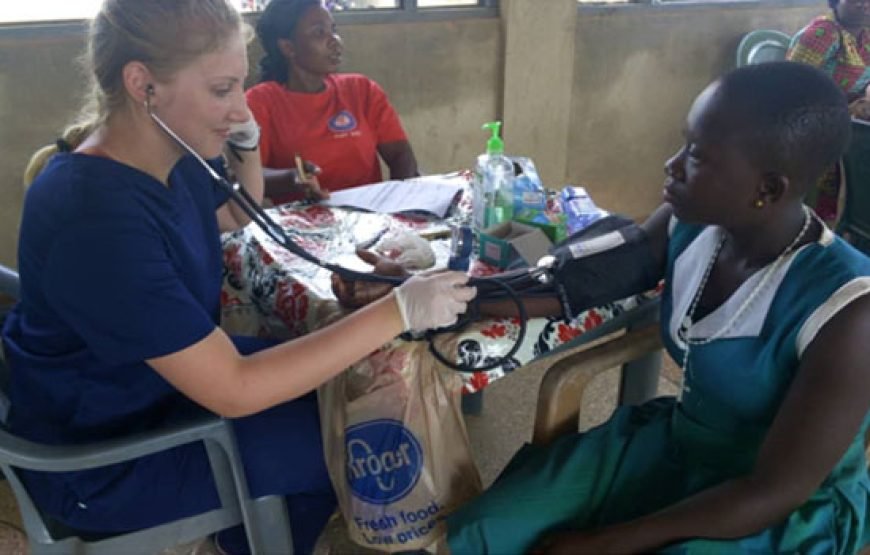
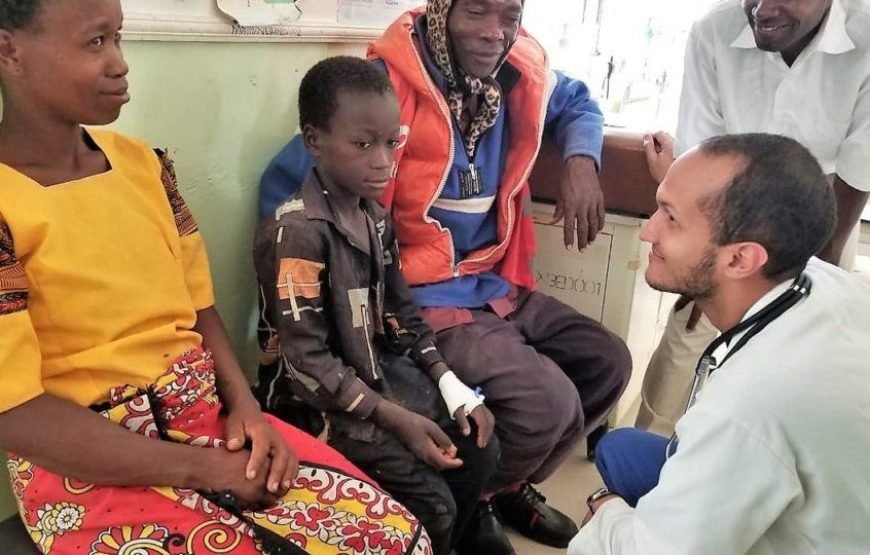
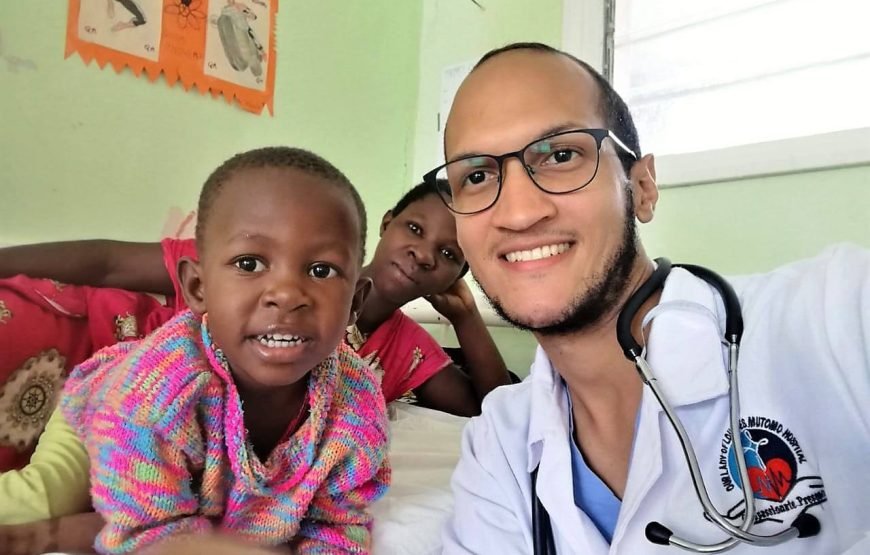
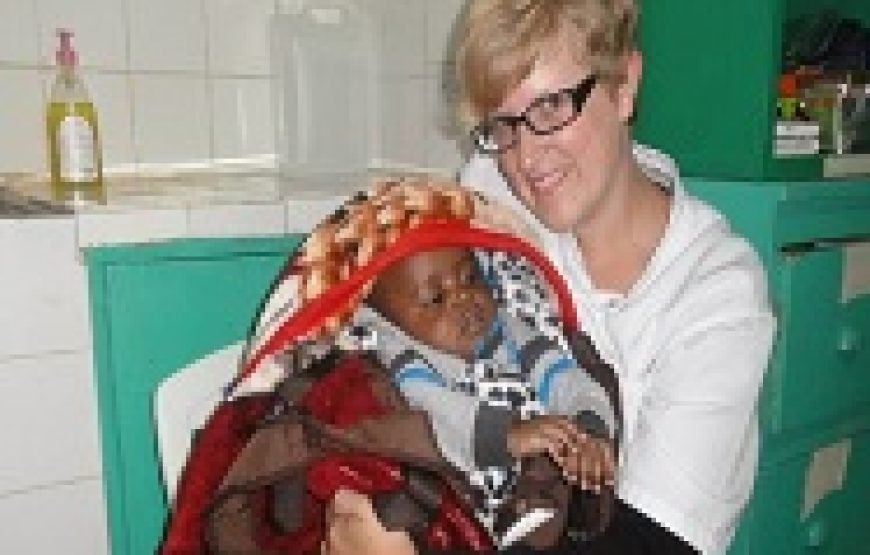
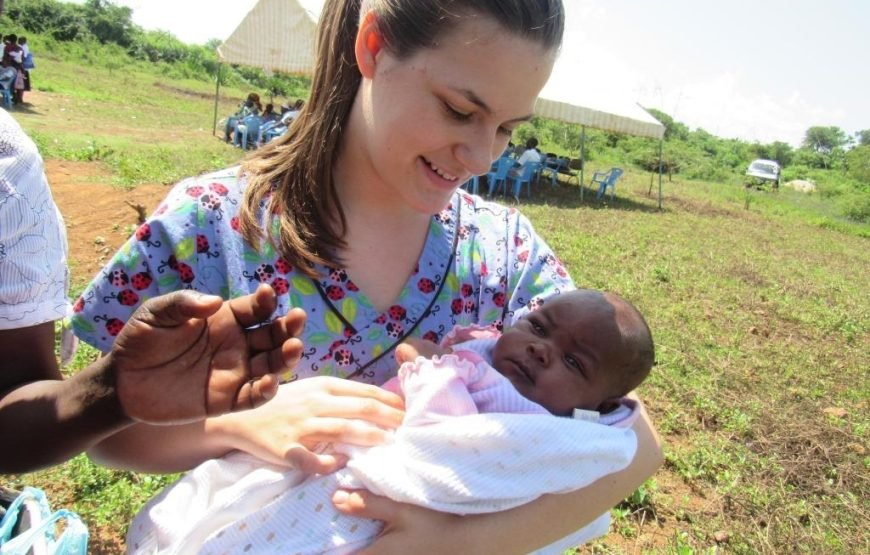
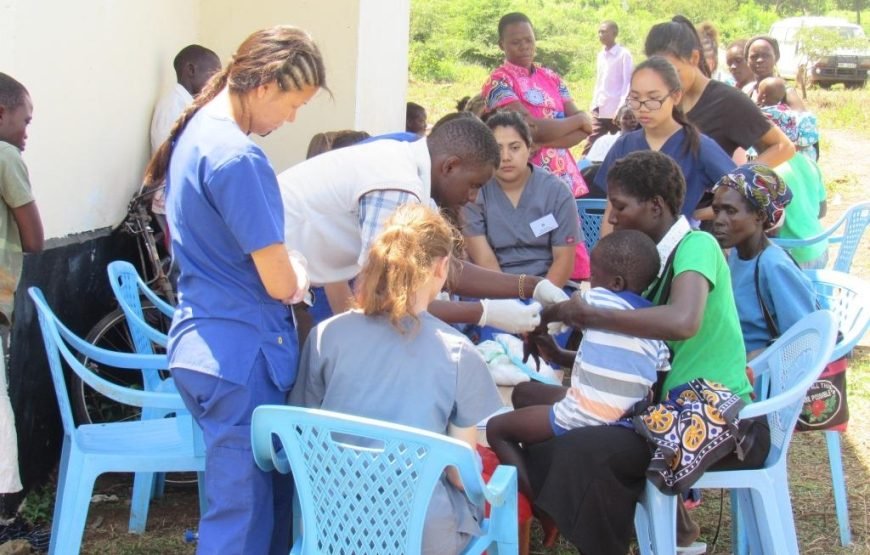
HIGHLIGHTS
- Immersive Medical Experience: Gain hands-on experience in a Nairobi hospital, working alongside local healthcare professionals.
- Cultural Exchange: Engage with Kenyan culture, learn Swahili basics, and build lasting relationships with fellow volunteers and staff.
- Skill Development: Enhance your medical knowledge and soft skills while contributing to community health initiatives.
- Explore Nairobi: Discover the vibrant city's attractions during your free time, from national parks to bustling markets.
- Certificate Issuance: Receive a recognized certificate upon completion, validating your volunteer experience and skills acquired
DAY 1: Arrival in Nairobi to Start your Medical Volunteering in Nairobi

As you touch down at Jomo Kenyatta International Airport in Nairobi, you'll be greeted by our friendly local staff, ready to whisk you away to your homestay / volunteer accommodation. After settling into your new home for the next month, you'll have time to freshen up and relax. In the evening, join your fellow volunteers for a warm welcome dinner, where you'll get your first taste of delicious Kenyan cuisine. This is the perfect opportunity to meet your peers, share your excitement, and start building connections that will last throughout your stay. The evening will conclude with a brief overview of the medical volunteering program in Nairobi, ensuring you're prepared for the enriching experience ahead in Kenya's bustling capital
Days 2 & 3: Orientation on Kenyan Heritage and Medical Volunteering in Nairobi
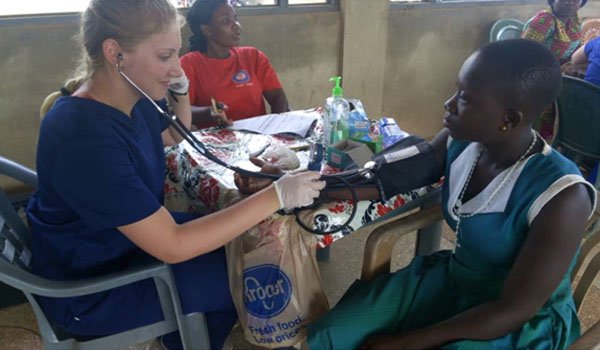
These two days are dedicated to immersing you in Kenya's rich cultural tapestry. Expert local guides will lead you through an engaging exploration of Kenya's history, from its ancient roots to its modern-day vibrancy. You'll delve into the diverse ethnic groups that make up Kenya's population, learning about their unique traditions, customs, and languages. Practical sessions will cover essential Swahili phrases, local etiquette, and tips for respectful interaction with Kenyans. The orientation also focuses on crucial aspects of your stay, including safety measures, cultural sensitivity, and your responsibilities as a medical volunteer. Interactive workshops will prepare you for potential challenges and cultural nuances you might encounter in the hospital setting. By the end of day 3, you'll feel confident and excited to begin your medical volunteering work, armed with a deep appreciation for Kenyan culture.
Volunteering in a Hospital in Nairobi
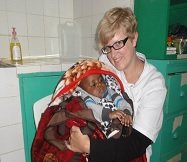
For the next 26 days, you'll be fully immersed in the daily operations of a hospital by volunteering as medial volunteer. Each day begins early, typically around 8 AM, with a briefing from the hospital staff. Your tasks will vary depending on your skills and the hospital's needs, but may include assisting with patient care, helping in various departments like emergency, pediatrics, or maternity, and supporting medical staff in their daily routines. You'll have the opportunity to observe and learn about tropical diseases, healthcare challenges in developing countries, and innovative solutions implemented in resource-limited settings. Expect to work alongside dedicated local healthcare professionals, gaining invaluable hands-on experience while making a real difference in patients' lives. Your evenings will be free for reflection, cultural activities, or exploring Nairobi with your fellow volunteers. Weekends may offer opportunities for local excursions or community health outreach programs, further enriching your experience.
Day 30: Farewell as a Medical Volunteer and Certificate Issuance
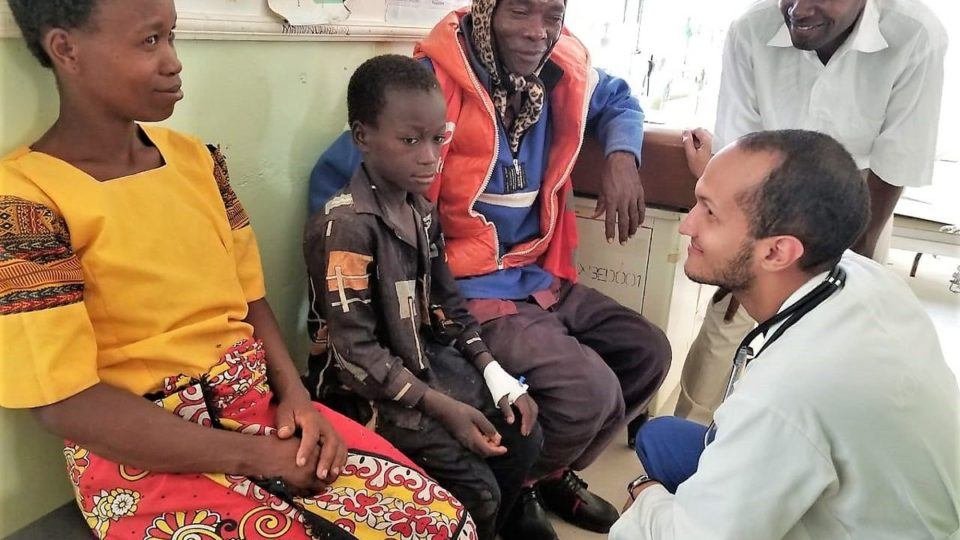
As your medical volunteer program in Nairobi draws to a close, this day is dedicated to reflection and celebration. The morning begins with a final shift at the hospital, allowing you to say goodbye to the staff and patients you've grown close to over the past month. In the afternoon, you'll participate in a special farewell ceremony. Here, you'll receive your well-earned Certificate of Completion, recognizing your dedication and hard work as a medical volunteer in Nairobi. This certificate not only serves as a cherished memento but can also be a valuable addition to your professional portfolio. The ceremony is followed by a farewell dinner with your fellow volunteers and local coordinators, providing a chance to share memories, exchange contact information, and discuss how this experience has impacted your personal and professional growth.
Day 31: Transfer to the Airport for Your Outbound Flight
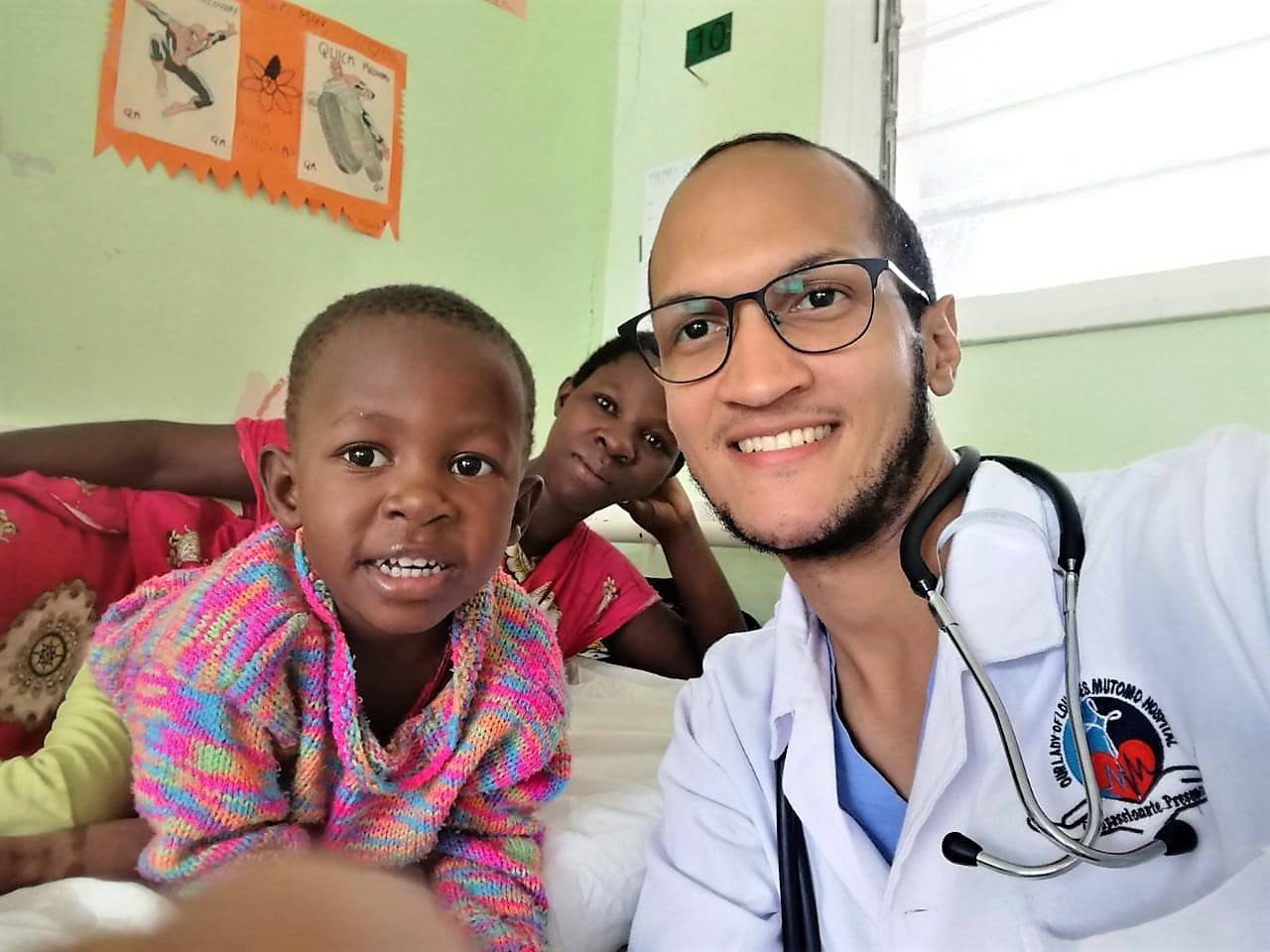
On your final day in Nairobi, you'll have the morning free to pack, exchange last-minute gifts with new friends, or perhaps squeeze in some souvenir shopping. Our staff will ensure you have a smooth departure, arranging your transfer to Jomo Kenyatta International Airport with plenty of time before your outbound flight. As you bid farewell to the bustling streets of Nairobi, you'll carry with you a month's worth of invaluable experiences, new friendships, and a deeper understanding of healthcare challenges and triumphs in Kenya. This transformative journey as a medical volunteer will undoubtedly leave a lasting impact on your personal and professional life, fostering a global perspective that will serve you well in future endeavors.
- Accommodation (shared)
- Orientation and training
- Supervision by local Medical professionals
- Basic equipment and supplies for veterinary work
- Volunteering Certificate upon completion
- 24/7 in-country support
- Flights to and from Nairobi
- Visa fees
- Travel insurance
- Vaccinations and personal medications
- Meals (some programs may provide partial meal plans)
- Personal expenses and souvenirs
- Additional tourism activities outside the program
- Advanced veterinary equipment (if you prefer to bring your own)

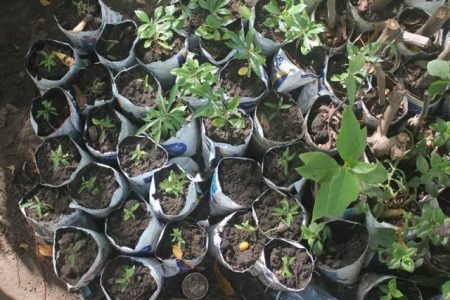
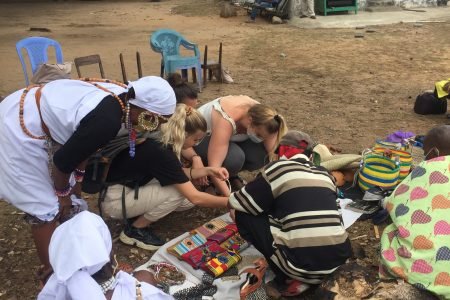

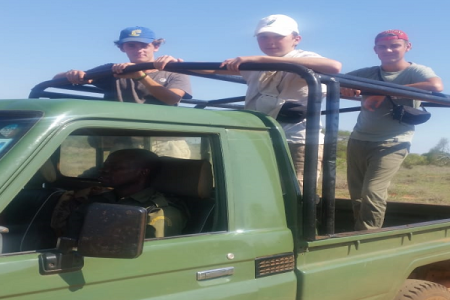
Leave a reply